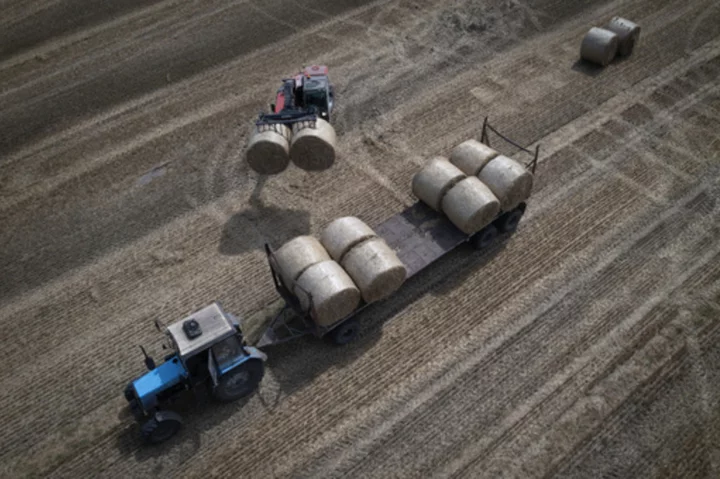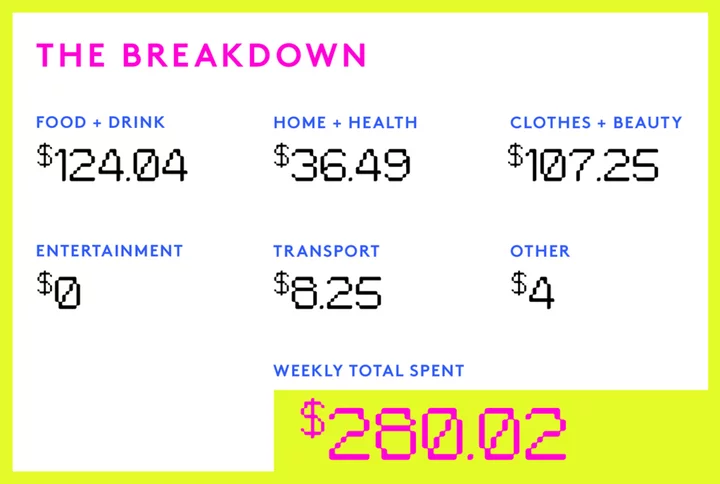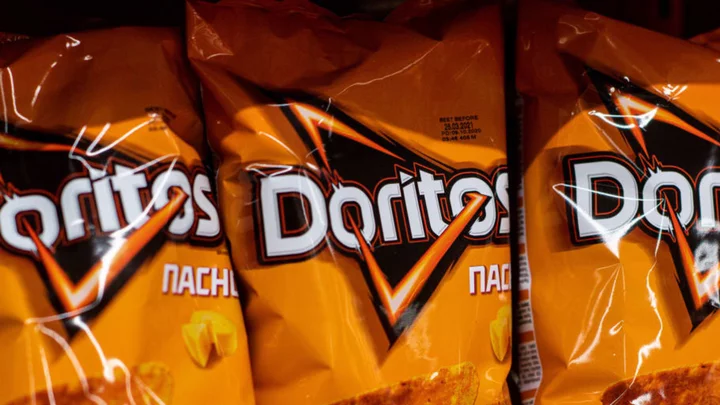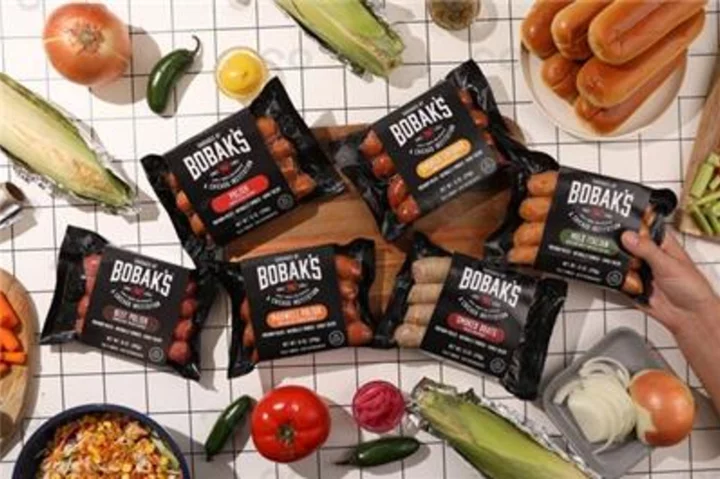LONDON (AP) — The European Union faced a Friday deadline to decide whether to extend a ban on Ukrainian food from five nearby countries that have complained that an influx of agricultural products from the war-torn nation has hurt their farmers.
Poland, Slovakia, Hungary, Romania and Bulgaria still allow grain and other Ukrainian food to pass through on the way to parts of the world in need.
The five EU members have said food coming from Ukraine has gotten stuck within their borders, creating a glut that has driven down prices for local farmers and hurt their livelihoods. The issue has threatened European unity on supporting Ukraine as it fights Russia's invasion.
The leaders of Poland and Hungary have called for a renewal of the import ban on Ukrainian agricultural products, threatening to adopt their own if the EU doesn't act.
“For the moment, it seems that the bureaucrats in Brussels don’t want to extend it,” Hungarian Prime Minister Viktor Orbán said in a Friday radio interview. “If they don’t extend it by today at midnight, then several countries banding together in international cooperation — the Romanians, the Poles, the Hungarians and the Slovaks — are going to extend the import ban on a national level.”
Earlier this week, Polish Prime Minister Mateusz Morawiecki said that if the ban wasn't renewed, “we will do it ourselves because we cannot allow for a deregulation of the market.” Poland's governing Law and Justice party is trying to attract farmers' votes in an Oct. 15 parliamentary election.
However, Bulgaria this week approved resuming imports of Ukrainian food. The government in Kyiv praised the decision and urged other countries to follow.
“We believe that any decision, either at the European or national level, that will further restrict Ukrainian agricultural exports will not only be unjustified and illegal, but will also harm the common economic interests of Ukraine, EU member states and the entire European Union, and will have a clear destabilizing effect on the global food market,” Ukraine's Ministry of Foreign Affairs said in a statement.
In July, Russia pulled out of a U.N.-brokered deal allowing Ukraine to ship grain safely through the Black Sea. Routes through neighboring countries have become the primary way for Ukraine — a major global supplier of wheat, barley, corn and vegetable oil — to export its commodities to parts of the world struggling with hunger.
Recent attacks on Ukraine's Danube River ports have raised concerns about a route that has carried millions of tons of Ukrainian grain to Romania’s Black Sea ports every month.
It's meant road and rail routes through Europe have grown increasingly important. They aren't ideal for agriculture-dependent Ukraine either, whose growers face higher transportation costs and lower capacity.
After the five countries passed unilateral bans earlier this year, the EU reached a deal allowing them to prohibit Ukrainian wheat, corn, rapeseed and sunflower seeds from entering their markets but still pass through their borders for export elsewhere.
The EU also provided an additional 100 million euros ($113 million) in special aid on top of an initial support package of 56.3 million euros to help farmers in the affected countries.
The deal is due to expire just before midnight Friday.









